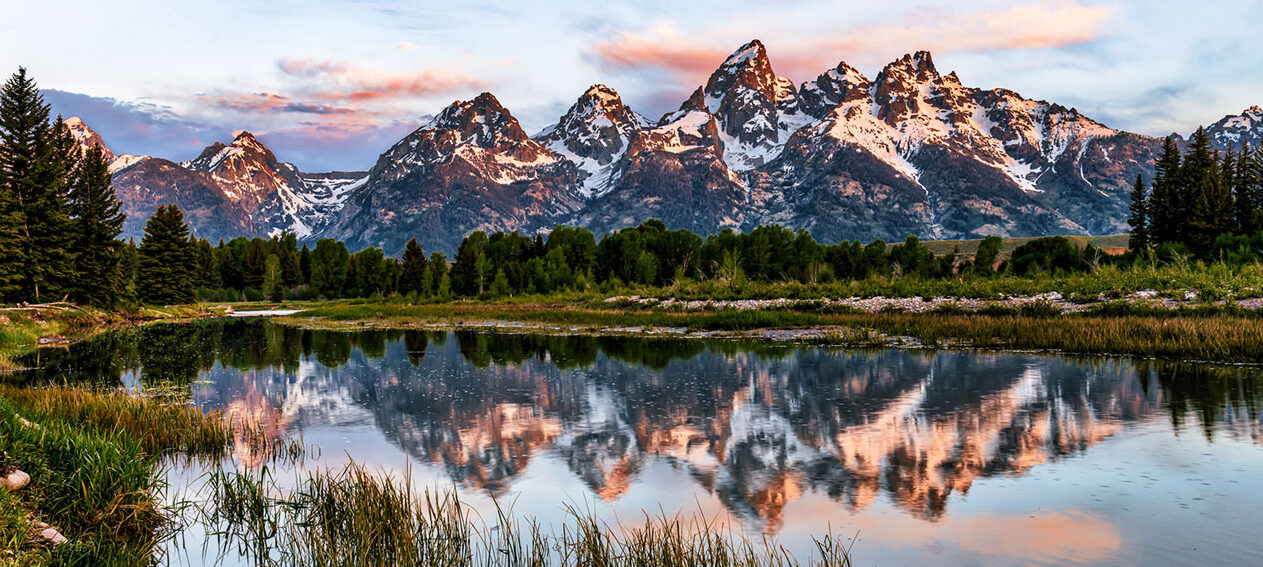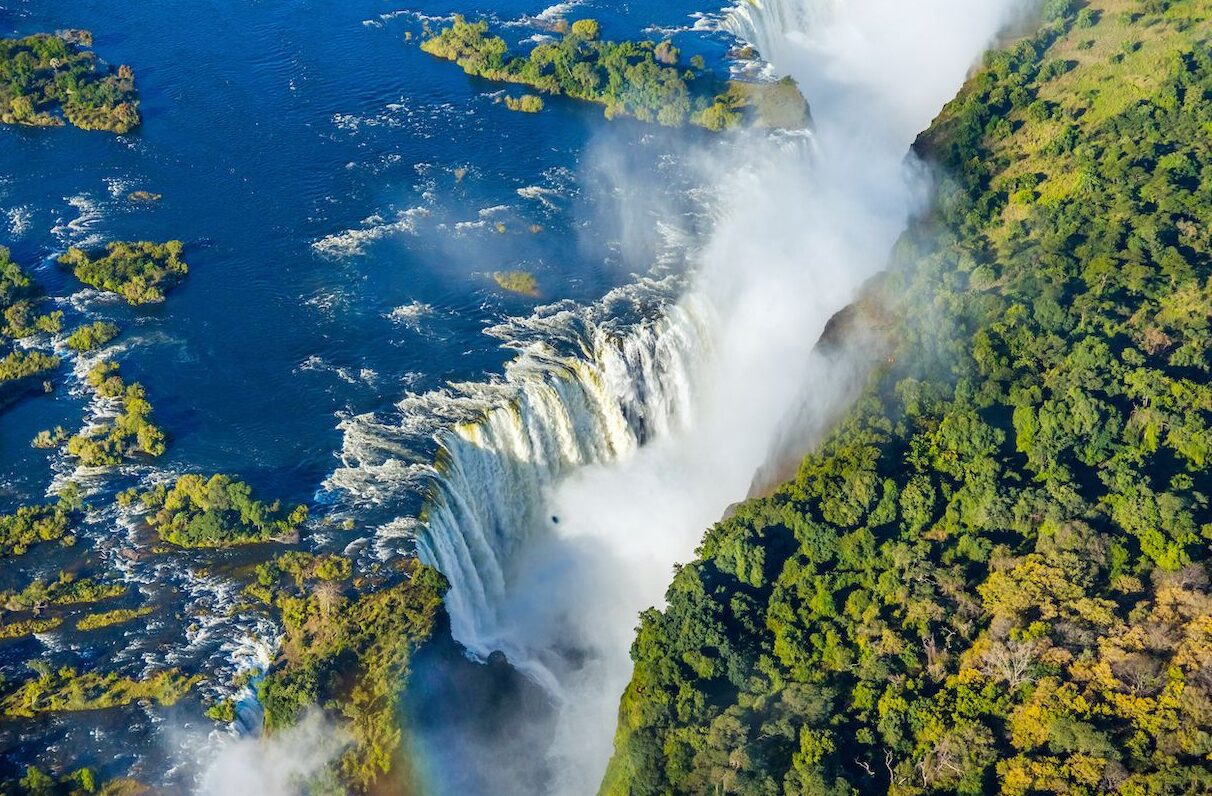
Spending time in nature has numerous benefits for individuals of all ages. Exposure to nature has been linked to improved attention, reduced stress levels, better mood, and a lower risk of developing mental health issues. Additionally, adventuring in nature increases knowledge of the physical world and encourages good physical health habits. Research studies have also shown that nature increases creativity in children, reduces stress, and helps those who suffer from attention-deficit disorders. Thus, exploring the natural world can have a positive impact on both mental and physical health, making it an essential aspect of human well-being.
Exploring the natural world also allows individuals to develop a sense of wonder and awe. As Dr. Peter Haiman notes, children have an innate sense of wonder and excitement about the world around them. Encouraging this sense of wonder can lead to a greater appreciation for the natural world and a deeper understanding of its complexities. Dacher Keltner, author of “The Power of Awe,” emphasizes the importance of awe in our lives and notes that exploring nature is one way to cultivate this feeling. By exploring the natural world, individuals can tap into a sense of wonder and awe, leading to a greater appreciation for the world around them.
Finally, exploring the natural world can help individuals understand their place in the world. By observing and experiencing nature, individuals can gain a greater understanding of the interconnectedness of all living things and the impact that humans have on the environment. Learning about different ecosystems and the animals and plants that inhabit them can also lead to a greater appreciation for the diversity of life on Earth. Books such as “Nature Handbook” and “Chris Packham’s Nature Handbook” provide practical guides for exploring and understanding the natural world, making it accessible to individuals of all ages and backgrounds. Overall, exploring the natural world is an essential aspect of human life, providing numerous benefits for both physical and mental health, cultivating a sense of wonder and awe, and helping individuals understand their place in the world.
Discovering the Wonders of Landscapes and Ecosystems
Exploring the natural world is a wonderful way to discover the wonders of different landscapes and ecosystems. Mountains, forests, and deserts are just a few examples of the diverse environments that can be explored. Lonely Planet’s Natural World beautifully illustrates and explains the five environments of forests, rivers, mountains, coasts, and deserts, providing insight into how and why they exist. By exploring these landscapes, individuals can gain a deeper appreciation for the natural world and its complexities. The physical book display at the museum invites visitors to form relationships with nature and connect with the amazing world around them.

In addition to exploring land-based environments, studying marine life in oceans and seas can also provide a fascinating glimpse into the wonders of the natural world. Marine ecologist Erin Spencer’s book for children, Underwater World, provides scientific information about the creatures and ecosystems found in the ocean. The BP Kongsberg Underwater Image showcase also features stunning images of creatures from the deep, highlighting the beauty and diversity of marine life. Coastal Ecosystem Learning Centers network members offer educational programs for all ages to discover the wonders of the underwater world and understand the interconnectedness of ecosystems.
Understanding the interconnectedness of ecosystems is crucial for appreciating the natural world and protecting it for future generations. By studying animal behavior, individuals can gain a deeper understanding of the natural world and learn to appreciate the incredible adaptations and survival strategies of different species. Additionally, developing a sustainable economy that respects the limits of natural resources and the functions of ecosystems is essential for bringing the natural system into balance. By reading books about animals, science, and nature, individuals can also learn about the wonders of the natural world and develop a deeper appreciation for the interconnectedness of all living things.
Protecting and Preserving Nature for Future Generations
It is crucial that we understand the impact of human actions on the natural world in order to protect and preserve it for future generations. As noted in the book “Exploring the Natural World,” we must take responsibility for our actions and contribute to the health of the environment. Research has shown that human activities, such as deforestation and pollution, have had a significant impact on ecosystems and endangered species. It is important to recognize the value of nature and the role it plays in our lives, and to take steps to prevent further harm to the environment. By educating ourselves and others, we can work towards a more sustainable future and protect the natural world for generations to come.
Conservation efforts are essential to protect endangered species and ecosystems. Organizations such as the World Wildlife Fund (WWF) work to sustain the natural world and collaborate with partners at local and global levels to achieve this goal. National Geographic’s Exploring Conservation courses aim to educate individuals about conservation and the importance of biodiversity. Additionally, there are many natural sites and zoos around the world that allow individuals to experience and appreciate the wonders of nature firsthand, such as the Bronx Zoo and Natural World Heritage sites. By supporting these organizations and visiting these sites, we can contribute to conservation efforts and protect the natural world.
Taking personal responsibility to reduce our environmental footprint is another important step in protecting and preserving nature. Companies such as Apple have made commitments to become carbon neutral and use more sustainable materials in their products. Additionally, individuals can make small changes in their daily lives, such as reducing their use of single-use plastics and conserving energy, to reduce their impact on the environment. By making these changes, we can work towards a more sustainable future and protect the natural world for future generations.







